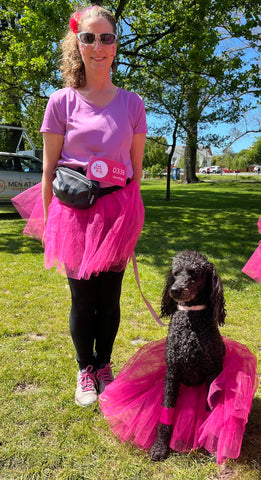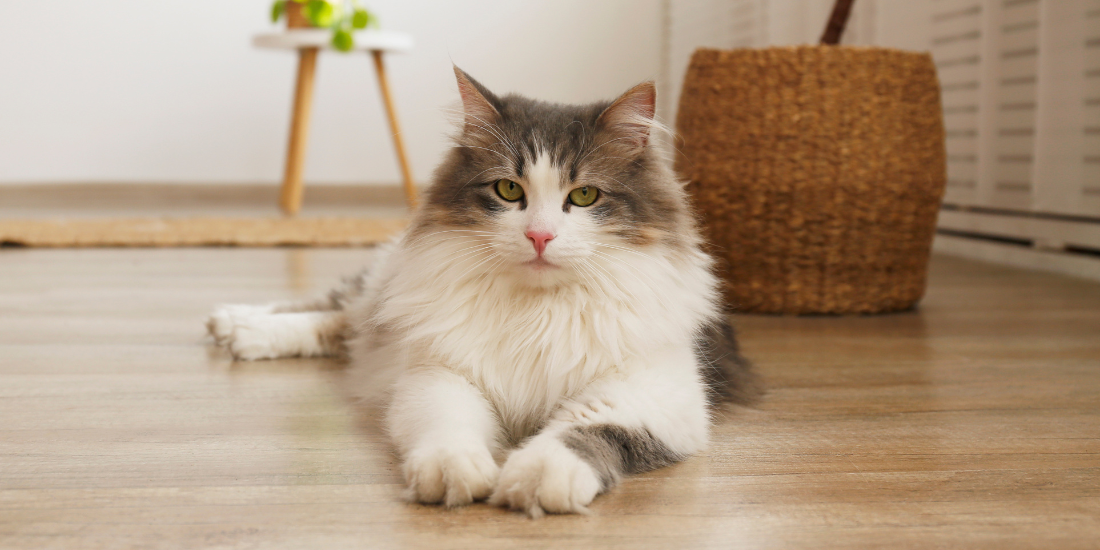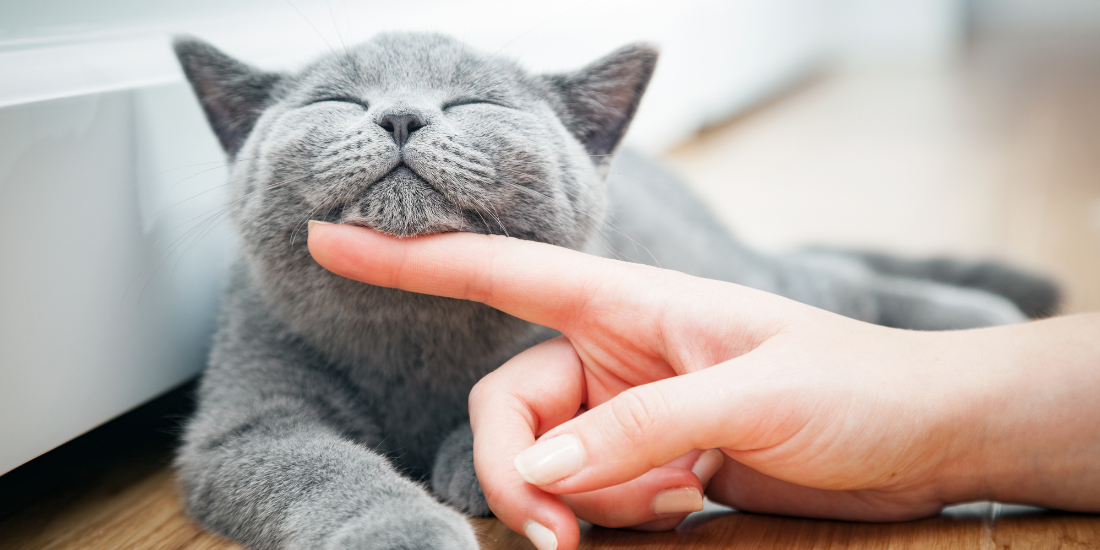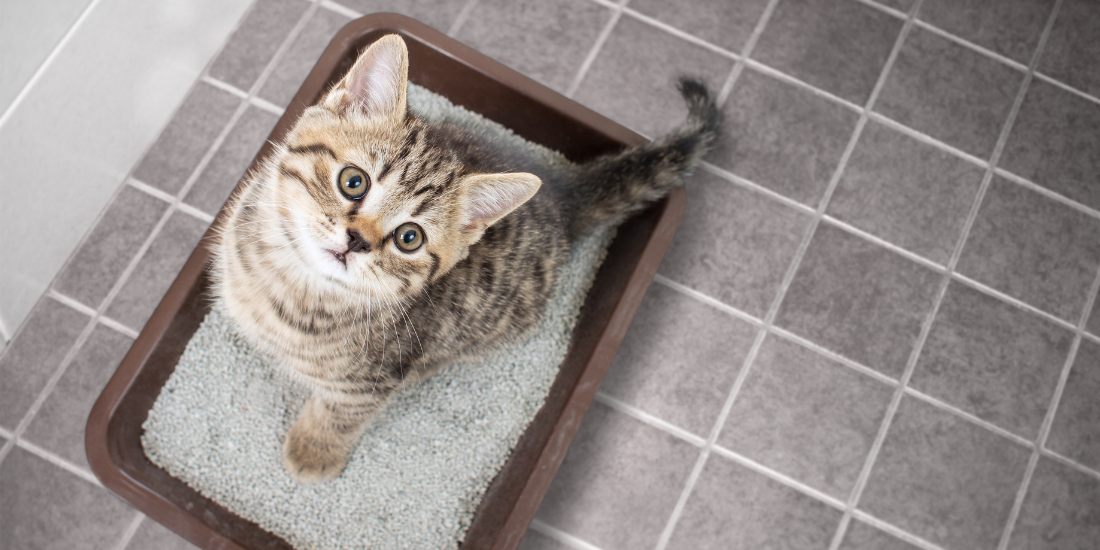
Welcome to the wonderful world of kittenhood, where every playful pounce steals your heart. Amidst the cuteness, there's a vital task at hand: safeguarding your tiny feline explorer from lurking threats. Kitten vaccinations are your key to providing a shield of immunity, ensuring a happy and healthy journey into adulthood. It's time to discover what vaccines your little furball needs, when to schedule them, and why these tiny shots are giant steps toward a long, Swaggle-filled life together.
Why Vaccinate Your Kitten?
During the heartwarming adventure of kittenhood, good health is invaluable. As your tiny friend starts exploring the world, it's vulnerable to a host of viral and bacterial diseases that can turn its life upside down. This is where cat vaccinations step in as the heroes of this story.
When Should You Start, and How Often?
The vaccination journey for kittens begins around 6 weeks of age, a time when they're still cuddled up with their queen. These initial vaccinations offer crucial protection before your little one takes its first steps into the world. A common kitten vaccination schedule typically includes doses at 6, 9, 12, and 16 weeks.
You might wonder, why so many shots? Kittens inherit maternal antibodies from their queen's milk after birth. These antibodies provide initial protection but fade away unpredictably between 3 and 16 weeks. To ensure a seamless transition into vibrant adulthood, vets give multiple vaccinations, replenishing those vital antibodies until the crucial 16-week mark.
Once your kitten crosses this milestone, it's time for a booster between 26 and 52 weeks, with the current recommendation leaning toward 26 weeks. The respiratory and panleukopenia vaccine components are then administered every 1 to 3 years, while vaccinations like FIV, FeLV, or Chlamydia, if chosen, continue annually.
These vaccinations protect your kitten's health and provide the key to a world of socialisation. Early protection empowers your kitten to become a happy, friendly, and well-adjusted cat. Get ready for a lifelong companion and cherished family member!
What We're Vaccinating Against
Core
In this vaccination dance, each step promises to safeguard your kitten against a range of diseases. Let's take a closer look at these viral foes:
Panleukopenia (Core): Imagine the cat version of parvovirus. This disease induces a spectrum of gastrointestinal turmoil in your kitten, including fever, depression, vomiting, and often watery, bloody diarrhoea with mucus. Seizures can also make an appearance. Panleukopenia is severe and can be fatal. Pregnant cats may birth stillborn kittens or kittens with tremors, incoordination, and vision problems. Treatment primarily involves supportive care with intravenous fluids and medications to alleviate discomfort. The virus spreads easily, hitchhiking on contaminated items like litter trays, feed bowls, and clothing.
Feline Calicivirus (Core): A highly infectious virus with various strains, some causing severe issues. Calicivirus often plays a role in "Cat Flu," featuring symptoms like sneezing, nasal and ocular discharges, tongue ulceration, lethargy, and loss of appetite. It can contribute to conditions like Gingivitis, Stomatitis and even lameness, joint inflammation, and pain. Nasty strains can lead to pneumonia, hepatitis, pancreatitis, skin issues, and bleeding. Many cats recover, while some become chronic carriers, intermittently shedding viral particles.
Feline Herpesvirus or Rhinotracheitis (Core): The other key player in "cat flu," highly contagious and causing flu-like symptoms. These include ocular and nasal discharge, sneezing, salivation, lethargy, and conjunctivitis. Keratitis and dermatitis are potential complications. Most infected cats remain latent carriers of the virus, with intermittent shedding possible, often during stress or immune suppression.
These 3 core diseases come in a combined F3/Tricat/Triple vaccination.
A typical vaccination schedule would be:
6-8 weeks: First vaccination - Core only
9-11 weeks: Second vaccination - Core +non core vaccines if advised
12-14 weeks: Third vaccination - Core +non core vaccines if advised
16 weeks: Fourth vaccination - Core +non core vaccines if advised
OR Three core vaccinations at 8,12 and 16 weeks.
Thankfully, The F3 or triple or Tricat vaccination protects against Feline Panleukopaenia, Feline Rhinotracheitis Virus and Feline Calicivirus. This core vaccine is a vaccination recommended for all cats. There is an option in some states of a F4,F5 or F6 vaccine which combines the core and the non core options.
Non-Core
These core vaccinations provide essential protection, but there are also non-core options. The need for these depends on your kitten's risks and lifestyle:
Feline Chlamydia (Non-core): This bacterial infection resembles flu symptoms and can lead to pneumonia and Fading Kitten Syndrome. Spread is typically through close contact with an infected cat.
Feline Leukemia (Non-core): Considered an optional vaccine, its necessity depends on the prevalence in your area and your kitten's exposure to other cats. Anemia, immunosuppression, and tumours can result from this disease. Most infected cats don't survive long after diagnosis.
Feline Immunodeficiency Virus (Non-core): Similar to HIV but not transferable to humans. It's often transmitted through cat fights or prolonged contact with an infected cat. There's no cure, but with proper care, infected cats can live with the disease. Vaccination offers some protection but varies in effectiveness.
Rabies: Required only if travelling to countries where rabies is present; it's not found in Australia or New Zealand.
Socialisation & Vaccines
The notion of kitten socialisation sparks various opinions, as cats and kittens don't exhibit the same social tendencies as their canine counterparts. However, an aggressive cat can put a damper on the feline-human relationship. If you foresee your kitten travelling or staying with others when you're away, introducing them to the car, travel carrier, different people, environments, and even other friendly cats can be beneficial. For future trips to a boarding cattery, early familiarity can help reduce stress.
Two crucial aspects come into play: disease protection and socialisation. Kittens won't be fully shielded from diseases until maternal antibodies wane, and they build their own defences through vaccinations. The timing varies for each kitten. If the mother cat had abundant antibodies in her colostrum, the kitten may initially enjoy robust protection but become more vulnerable later. Conversely, if the mother had fewer antibodies in her milk and the kitten was weaker or last born, they might have less initial protection but build strong antibodies post-vaccination.
Vaccines aren't foolproof, particularly against cat flu, but even if your kitten encounters the virus, they'll likely have milder symptoms with some level of protection.
Titre tests are available to try and assist with the need or frequency of booster vaccination. However correlation between antibody levels and the level of protection for your cat do not always align. Currently only titre tests for panleukopaenia are considered reliable.
The decision between socialisation and disease risk falls to you, the pet parent. Booster vaccines are typically administered between 26 and 52 weeks of age, with subsequent doses every 1-3 years, tailored to each cat's unique needs. High-risk boarding facilities may necessitate vaccination at least 7, preferably 14 days before the visit for optimal protection. It's a delicate balance to ensure your kitten's health and happiness.
Vaccine Comfort and Possible Side Effects
When it comes to vaccinations, your veterinarian or veterinary nurse is well-versed in making your kitten feel at ease. They create a friendly, comfortable environment using treats, catnip, Feliway, and plenty of cuddles to keep your kitten distracted and content during the process. Most kittens hardly notice the vaccines.
As with any medical intervention, there's a chance of side effects, although they occur far less frequently than the diseases the vaccines prevent. These effects can include:
Local Reactions: Some kittens may experience mild swelling, itchiness, or discomfort at the injection site. These are typically short-lived and resolve on their own.
Systemic Reactions: Less common but possible, these reactions might manifest as temporary lethargy, a slight fever, or a brief loss of appetite. In rare cases, sudden anaphylactic reactions could lead to vomiting, diarrhoea, facial or joint swelling, hives, or breathing difficulties. If you observe concerning symptoms, consult your veterinarian.
Injection-Induced Sarcomas: Cats can develop specific tumours at injection sites, including vaccinations. While the risk is low, discussing the pros and cons individually with your veterinarian is essential. Current estimates suggest the risk of sarcoma development following vaccination is very low, likely less than 1 in 10,000 doses of vaccine.
Overall, the benefits of vaccination in safeguarding your kitten's health typically outweigh the minimal risks associated with these potential side effects.
A Healthier Tomorrow for Your Kitten
Vaccinating your kitten is a crucial step in providing them with a healthy and protected start in life. While minor side effects are possible, the benefits of safeguarding your feline friend against potentially life-threatening diseases far outweigh these risks. With a little Swaggle in their step, your kitten can start a life full of adventure, free from the worries of preventable illnesses.
Your veterinarian ensures your kitten's vaccinations are as comfortable and stress-free as possible. Their expertise in creating a relaxed environment and minimising discomfort during the process will help your kitty develop into a strong and resilient adult cat.
Vaccinations serve to protect your kitten whilst contributing to the overall well-being of your community's feline population. Guaranteeing that your kitten gets the suggested vaccines not only secures their future but also contributes to sustaining a healthier setting for all felines. So, cherish your kitten's early days and invest in their long and vibrant future with the gift of vaccinations.

About The Author
Dr Terryne Loney
Consultant Veterinarian | Pets: Roni, Barker and Corbett (Cats)
I have 30 years experience in companion animal practice and part of a nationwide veterinary senior leadership team. With a background of interest in all aspects of animal care, emotionally and physically, I am an advocate for wellness and fear free handling as well as dentistry, internal medicine, dermatology, oncology, and safe anaesthesia during surgery.
Enjoyed This?
Explore more ....


Soothing Your Cat's Itchy Skin: Effective Treatments and Care

Litter Box Basics for Beginners: Tips Every Cat Owner Should Know
